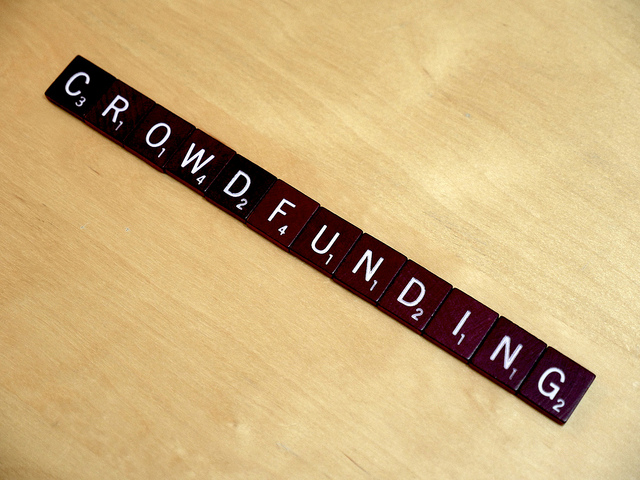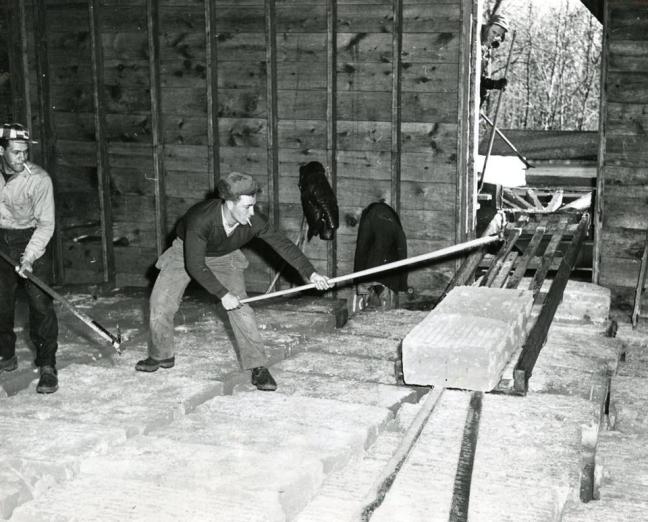Not sure what you’re “going to be when you grow up”? Entrepreneur magazine says to reflect on your childhood to see if you were born to be an entrepreneur:
Think back to your early years and you just might spot signs of a great entrepreneur in the making.
1. You excelled at group projects
“Partner up!” was music to your ears and you still enjoy group projects as an adult. As a leader, you could take charge without dominating the group, match up everyone’s skills with tasks at which they excelled and you weren’t satisfied unless your group was the clear winner. Maybe you’ve reined in those micromanaging tendencies since third grade, which has made you the group leader to best all group leaders.
2. Your GPA hovered at 3.5
Getting all A’s isn’t necessarily the sign of a genius or total dedication—it might be a sign that a kid is playing it too safe. However, a high GPA with a little wiggle room for failure bodes well for an entrepreneur. Maybe you gave that advanced math class a shot even if it wasn’t your forte, and it brought down your GPA. You’re not a straight-A student anymore, but you learned more from the tough classes than you ever would taking it easy. That’s the making of a fantastic entrepreneur.
Over the past 6 months I’ve been hiring for my startup. I have found that the majority of people I hire who are entrepreneurial don’t have perfect GPAs. Most have between 3.2 and 3.6 GPAs. I was never a perfect student and always got “good” grades but never perfect. It’s shaped a lot of how I am today. I do everything “good.” It’s not always perfect, but it’s consistently good and above average!
3. You dominated at selling cookies
No matter what type of organizations you were involved with, if you had to sell something you were in paradise. Be it cookies, popcorn or collecting the most non-perishable food items, it kicked your young entrepreneurial spirit into overdrive. You may not have realized it at the time, but that was your first entrepreneur success story — if only selling software or your latest line of luxury soaps as an adult was so easy.
4. You got creative with your allowance
Some kids used their allowance to splurge on chocolate milk every day, but entrepreneurial-minded kids don’t go with the obvious investments. Maybe you stuck with the cheapest options day after day, scrimping and saving to buy your first CD player. Maybe you negotiated with your parents for a “raise” based on better grades or more chores. Whatever it was, you knew making money and spending it came with options, and you were committed to finding the path that worked in your favor.
When I was a child I got very creative with the money I earned. I was never personally given an allowance or paid for chores. I had a paper route and worked ever day. I then invested that money into buying candy, to sell to other children for a profit.
5. You saw the cafeteria as the power grid it was
This doesn’t necessarily mean you sat at the cool table. However, you knew the lay of the land and positioned yourself where you could shine. Perhaps it was with the drama geeks, the jocks or the AP crowd. Wherever you sat, you didn’t settle. You probably switched things up regularly to stay relevant in numerous crowds.
When I was younger, I wasn’t originally with the cool kids, but I worked my way up. A true entrepreneur can spot success and tends to aligns himself with it. It may not happen right now, but it will eventually.
You’re all grown up now, but maybe you’ve noticed some of these tell-tale signs in your own kids. How can you encourage their entrepreneurial spirit to fly?

![]()







